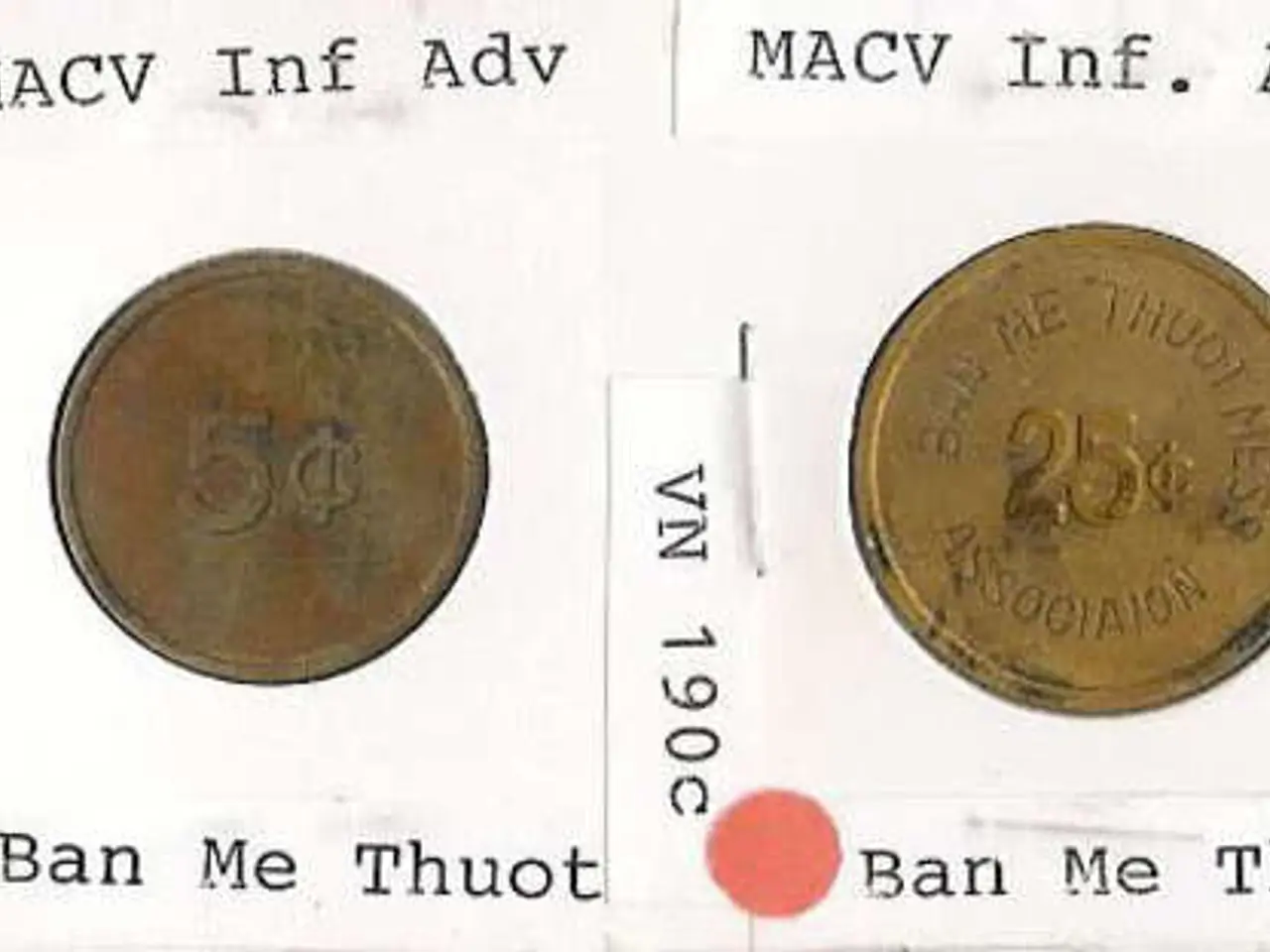Russian firm "Yadran" constructs gold processing plant in Mali
Controlling the Factory: The Malian Government's Gold Refinery Ambitions
The Malian government has decided to take control of its gold processing plant, a move Colonel Assimi Goïta, the interim president, claims is another step towards controlling the nation's natural resources - a goal of the current administration. So far, gold for processing has been sent to other countries like the UAE, South Africa, and Switzerland, a situation that Malian authorities believe has deprived the country of significant financial gains. Plans are afoot to process not only Mali's own gold, but also gold from neighboring countries, such as Burkina Faso. according to Reuters, West Africa is one of the world's largest gold producers.
This decision has far-reaching implications:
Economic and Financial Implications
- Increased Revenue: By establishing a government-run gold refinery, Mali intends to phase out the export of raw gold and instead rake in more revenue by refining the mineral domestically. This shift is expected to significantly boost gold revenues as refined gold commands a higher value than raw ore[1].
- Regional Economic Powerhouse: Processing gold from neighboring countries like Burkina Faso could catapult Mali as a regional leader in gold refining, bolstering economic cooperation and trade within West Africa, enhancing Mali's influence in the region's mining and mineral markets[1].
Strategic and Political Implications
- Greater Government Control and Resource Sovereignty: This step aligns with Mali's broader strategy of exerting tighter control over its natural resources[2][3].
- Potential Increased Alliances: Mali is planning to partner with Russia's Yadran company for its gold refinery, a move that could forge new geopolitical relationships, as Russia wields increasing influence[1].
Industry and Operational Impacts
- Pressure on Mining Companies: Mali's increased government interference, including delays and audits experienced by companies like B2Gold and Barrick Mining, signals a tougher regulatory environment. Mining firms face enhanced scrutiny as the government seeks higher shares and imposes new conditions under the 2023 mining code[3].
- Possible Disputes and Legal Challenges: Barrick Mining's removal of the Mali gold complex production forecast for 2025 and its request for World Bank court intervention highlight ongoing disputes between foreign miners and the Malian government[4].
Broader Regional Impact
- Reduction of Smuggling and Improved Taxation: By processing gold domestically and regionally, Mali could curb illicit gold exports and smuggling, common issues in West Africa. This enables more effective tax collection, fostering fiscal discipline and responsible management of mineral resources[1][3].
- Economic Diversification and Job Creation: Developing a domestic refining industry could create jobs and stimulate economic diversification beyond mining, encompassing skilled labor in refining and related services.
In essence, Mali's drive to control its gold processing plant and process gold from neighboring countries, such as Burkina Faso, aims to boost state revenues, assert resource sovereignty, and foster regional economic integration. While this move carries benefits, it also introduces more regulatory risks for foreign miners, leading to operational and legal challenges that could potentially destabilize the industry[1][2][3][4]. The partnership with Russia adds geopolitical importance to this initiative.
- The government-run gold refinery in Mali, if successfully implemented, could position the country as a financial powerhouse within West Africa, as increased revenue from domestic gold refining and potential regional partnerships could significantly enhance Mali's financial standing.
- By processing gold domestically and regionally, the finance industry is poised to witness increased involvement of the Malian government, potentially leading to a shift in the traditional gold financing landscape, with potentially far-reaching implications for both Mali's domestic industry and its international counterparts.




